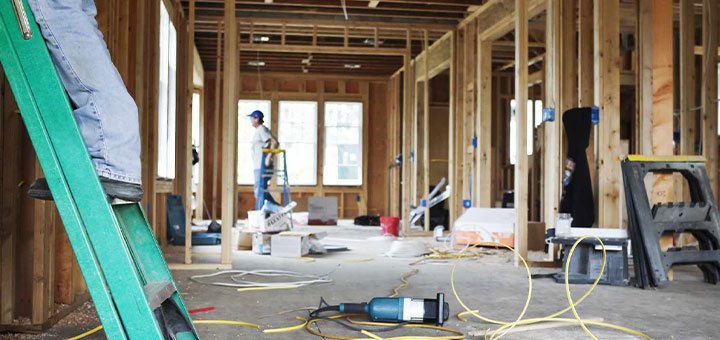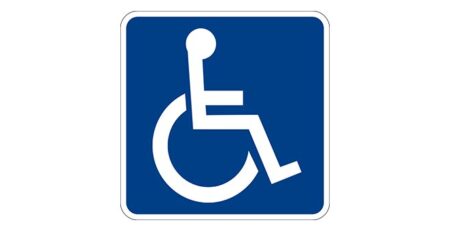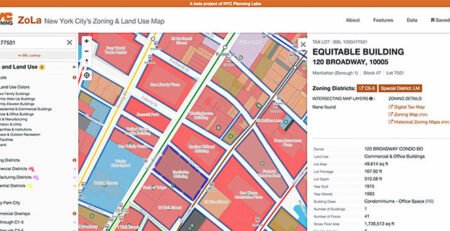Tax in Construction Services
Hamoun Nik2024-03-09T23:08:57+00:00Tax in Design services
In this post, I aim to discuss a critical issue that frequently occurs in the design and construction industry, which many clients may not be aware of. Recently, I had a conversation with a friend who had a minor renovation job two years ago, and she shared her experience of the construction process and the final price she was charged for the small project.
Although the pricing and financial aspect of a construction job can vary from person to person and location to location in New York City, I recommend seeking advice from a seasoned architect or engineer before signing any contract. Moreover, when it comes to construction, it is advisable to get several quotes from different general contractors and conduct some research on their previous jobs and clients. By contacting their former clients, you can obtain useful information that can help you make an informed decision.
However, the problem I want to address here is the invoice tax. While I do not want to accuse anyone of intentionally doing so, I assume that the confusion arises from a lack of knowledge of taxation and business pricing. It is essential to understand that in the design and construction industry, we offer services to our clients and not tangible products like clothes, furniture, or other goods. Essentially, we are service provider companies that sell professional services to our clients. Still, in some instances, such as interior design, where we deliver renderings (meaning a product) and associate them with material selection, they are taxable.

Tax in Construction services
In some cases, besides professional services like design, consultation, 3D visualization, filing expediting, or construction, it is possible to offer and sell products that are used directly or indirectly in the project. These are different and require us to charge taxes because we must eventually pay the tax to the government, and it is not considered part of our income. However, for the service component, we are not allowed to charge for tax unless we apply for tax collection permission. Applying for such permission is rare and can be a significant headache for companies.
Therefore, if you receive any service invoice with an extra charge like tax, I recommend asking for the official permit on charging tax for services (Sales Tax Certificate of Authority) before reaching any conclusions. By doing so, you can maintain a good relationship with the service provider company without prejudging them. In the event of an error, you can receive a refund. Taxation is a complicated topic, and I am not a tax expert. Thus, what I mentioned may not apply to everyone.
Conclusion
To ensure that you are not overcharged during a construction project, it is crucial to have a clear understanding of the various components of the process and associated costs. Seeking professional advice from seasoned architects or engineers can help you make an informed decision and avoid any hidden charges such as invoice tax. It is important to note that invoice tax is often a result of a lack of knowledge about taxation laws and business pricing.
As a service provider industry, design and construction companies sell their professional services to clients and are not selling tangible products like clothing or furniture. However, in some cases, certain services such as interior design that involve product delivery and material selection may be taxable.
To avoid any misunderstandings or discrepancies related to invoice tax, it is advisable to request official permits on charging tax for services. This can help maintain a good relationship with the service provider company and allow for potential refunds if any mistakes are made.
In conclusion, learning about the intricacies of the construction process and related costs can help ensure a successful project outcome without being overcharged. Please feel free to share your experiences or add any additional comments or insights. To learn more about taxation laws in New York, visit the New York Department of Taxation and Finance website through the link provided.













Leave a Reply